Jo Brand translated my science. I’m certain that comedy can connect people to climate change – the Conversation

Comedian Jo Brand helps Professor Mark Maslin spell out the actual risks of climate change, pulling zero punches, and using highly unscientific language throughout…
New islands are being built at sea – but they won’t help millions made homeless by sea-level rise – the Conversation

Dubai’s famous Palm Jumeirah is not the only man-made island to have emerged from the sea this century. Over the past 20 years, many islands have been built to accommodate both tourists and well-heeled residents – especially in the Arabian Gulf states and China..
What happens to the ocean if we take out all the fish? – the Conversation
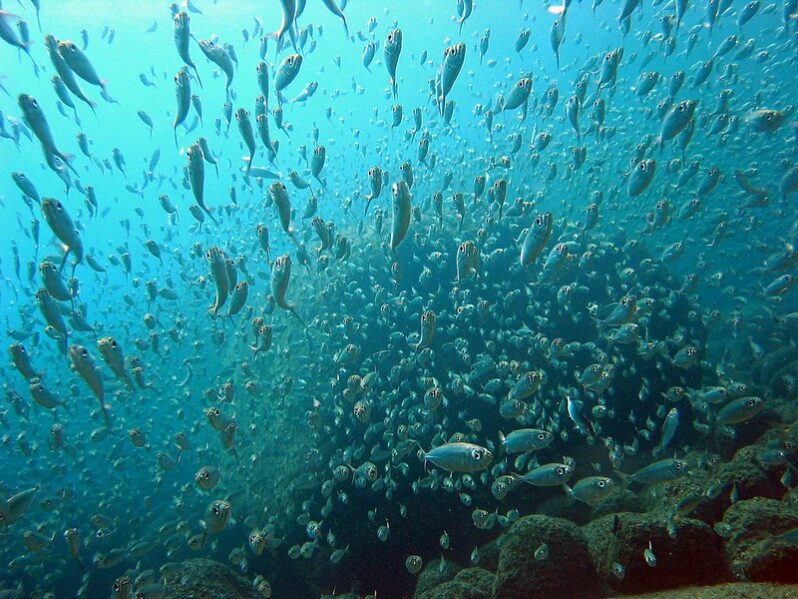
“What would happen to the ocean if we took out all the fish?” – Reny, age 12
We Traced the Forever Chemicals Getting Into Ocean Ecosystems – the Conversation

PFAS, the “forever chemicals” that have been raising health concerns across the country, are not just a problem in drinking water. As these chemicals leach out of failing septic systems and landfills and wash off airport runways and farm fields, they can end up in streams that ultimately discharge into ocean ecosystems where fish, dolphins, manatees, sharks and other marine species live…
What does an octopus eat? For a creature with a brain in each arm, whatever’s within reach – the Conversation
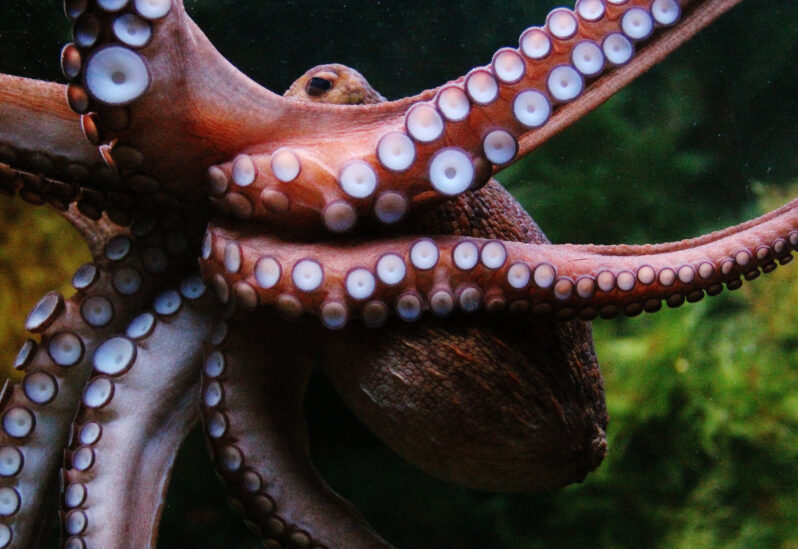
The octopus is one of the coolest animals in the sea. For starters, they are invertebrates. That means they don’t have backbones like humans, lions, turtles and birds.
That may sound unusual, but actually, nearly all animals on Earth are invertebrates – about 97%…What octopuses eat depends on what species they are and where they live ..
Why does nature create patterns? – the Conversation
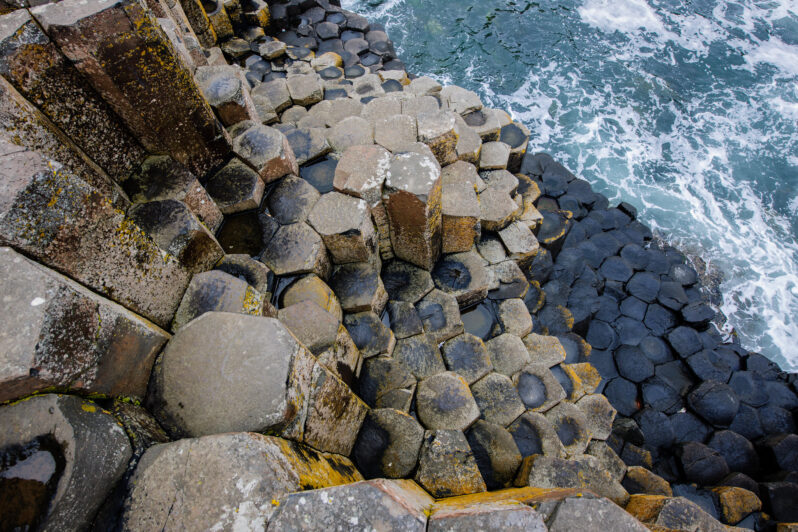
The reason patterns often appear in nature is simple: The same basic physical or chemical processes occur in many patterned substances and organisms as they form. Whether in plants and animals or rocks, foams and ice crystals, the intricate patterns that happen in nature come down to what’s happening at the level of atoms and molecules…
How deep is the ocean? – the Conversation
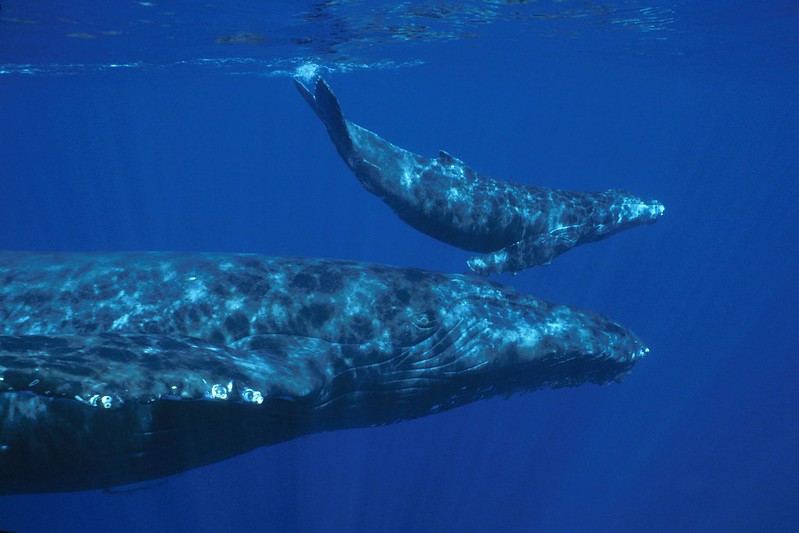
If you wanted to measure the depth of a pool or lake, you could tie a weight to a string, lower it to the bottom, then pull it up and measure the wet part of the string. In the ocean you would need a rope thousands of feet long. In 1872 the HMS Challenger, a British Navy ship, set sail to learn about the ocean, including its depth. It carried 181 miles (291 kilometers) of rope…
We studied more than 1,500 coastal ecosystems – they will drown if we let the world warm above 2℃ – the Conversation
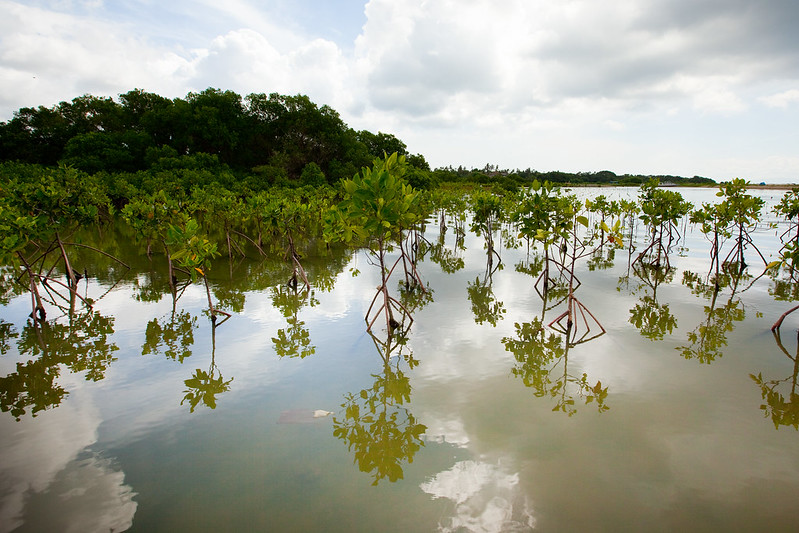
Much of the world’s natural coastline is protected by living habitats, most notably mangroves in warmer waters and tidal marshes closer to the poles. These ecosystems support fisheries and wildlife, absorb the impact of crashing waves and clean up pollutants. But these vital services are threatened by global warming and rising sea levels…
Where does beach sand come from? – the Conversation
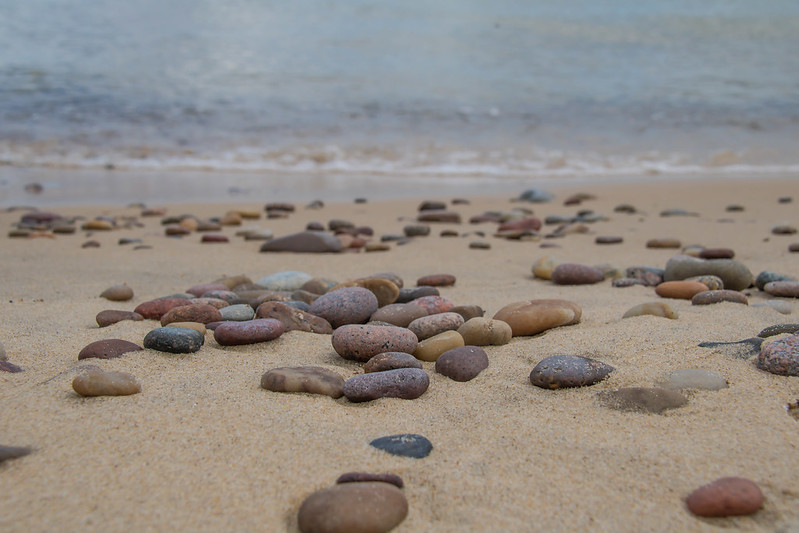
Question from Sly M., age 6, Cambridge, Massachusetts…
There’s more to beach sand than meets the eye. It has stories to tell about the land, and an epic journey to the sea. That’s because mountains end their lives as sand on beaches….
